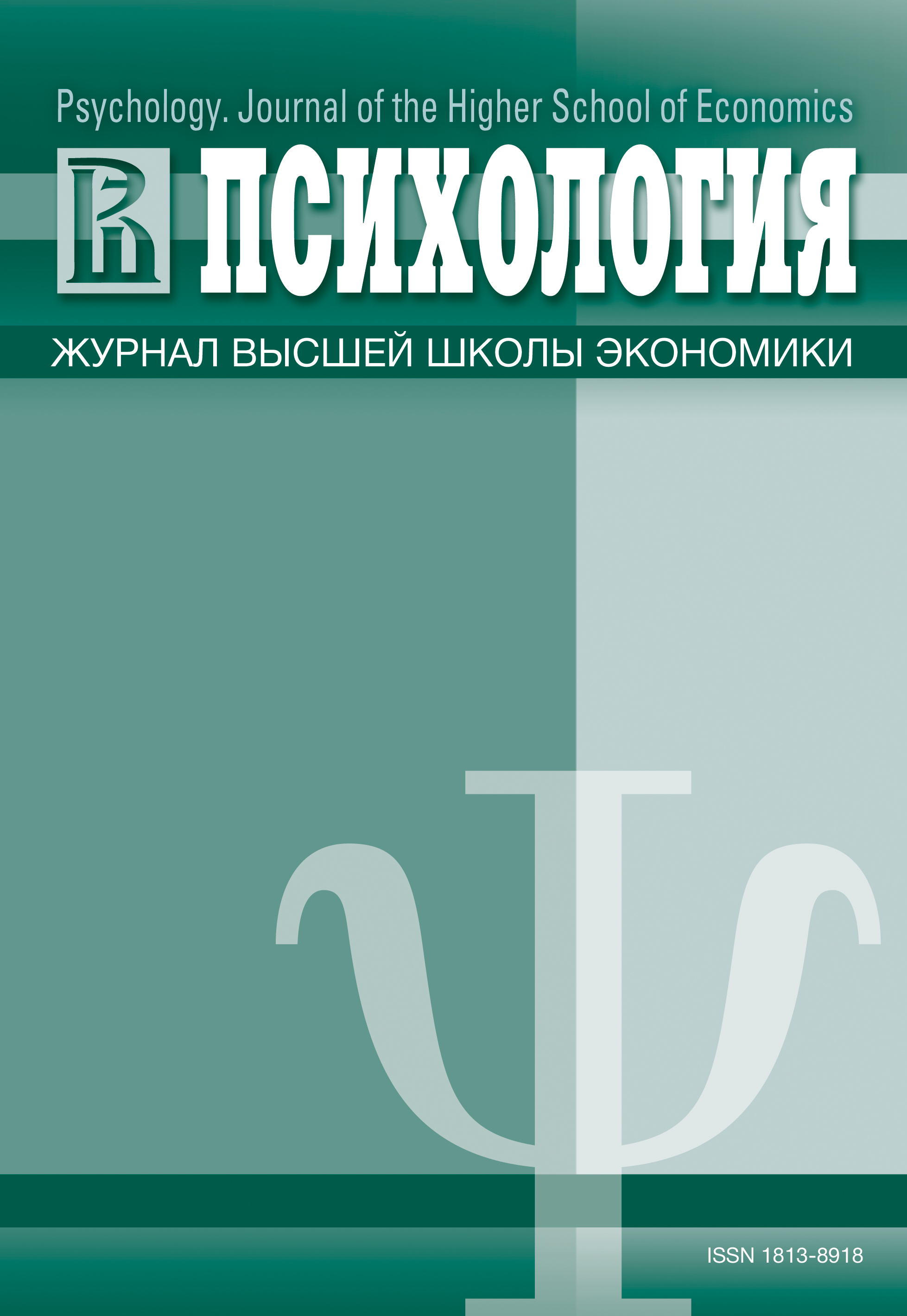To Say “Yes” to Oneself: Existential-Analytical Perspective on Autonomy
Keywords:
autonomy, existential psychotherapy, existential analysis and logotherapy
Abstract
Psychotherapeutic practice calls for creating conceptions of autonomy, which can be utilized in work with clients. This article focuses on the psychotherapeutic approach called 'existential analysis and logotherapy' and makes explicit its ideas regarding autonomy. Specifically, the three key theoretical underpinnings of understanding and development of one's autonomy are described. It is shown that existential-analytical practice is guided by the notions of 'person', dialogue/relatedness and phenomenology. The structural model of autonomy on the basis of existential analysis is discussed. It is argued that, although traditionally autonomy is strongly associated with the third fundamental motivation – the motivation to 'be oneself' – this position is insufficient for practice. Thus, the central argument of the paper is that, from a structural perspective, the most useful way to address the issue of autonomy is to consider it as the interplay of the four fundamental existential motivations, described by A. Längle. Therefore, the process of maintaining autonomy includes four different kinds of affirmation. The person says ‘yes’ to his or her subjective reality, own feelings, uniqueness and distinctiveness, and agentive presence in others and in the world. The paper also provides illustrations from psychotherapeutic practice to justify this standpoint.Downloads
Download data is not yet available.
Published
2014-12-09
How to Cite
СтанковскаяЕ. Б. (2014). To Say “Yes” to Oneself: Existential-Analytical Perspective on Autonomy. Psychology. Journal of the Higher School of Economics, 11(4), 136-145. https://doi.org/10.17323/1813-8918-2014-4-136-145
Issue
Section
Articles section





